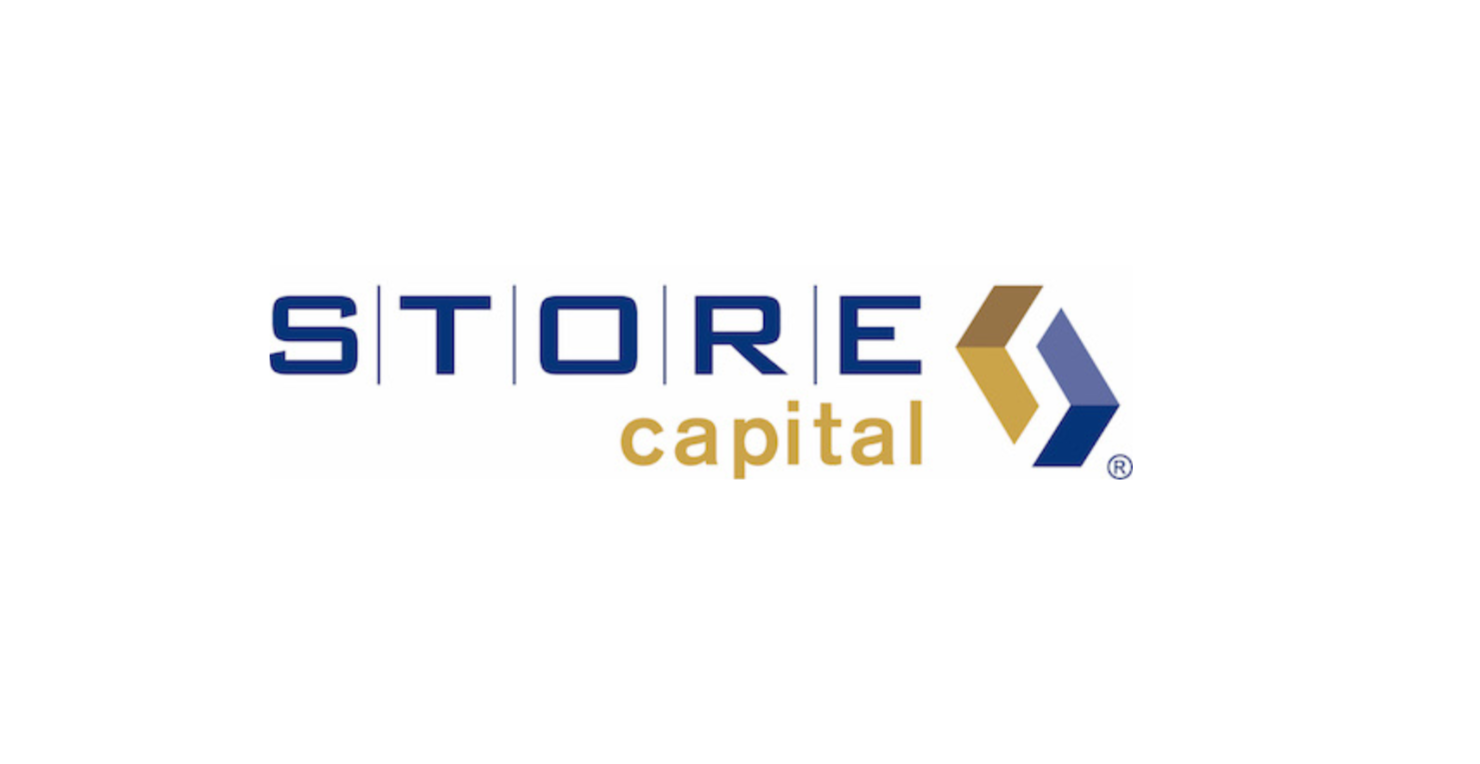
STORE's Cash Flow Not Expected to Cover Dividend for Foreseeable Future
Last week, we discussed how the coronavirus pandemic was impacting STORE Capital's (STOR) tenants significantly. Based on STORE's documented tenant mix, we estimated that between 40% and 60% of rent was at risk of deferral.
Since then, STORE participated in a call with Morgan Staley to provide an update to investors on the firm's results.
In the call, management revealed that only 64% of April rent had been collected so far. For context, normally 100% of rent is collected by mid-month.
90% of the remaining 36% of rent had been granted deferral status with repayment expected within the next year or so. No payments had been forgiven or reduced, but the other 10% of uncollected rent was still in negotiation.
May will likely be even worse than April as many stores will be grappling with little to no cash flow for over a month and no return to normalcy in sight.
In our previous note, we estimated that STORE's rent revenue could fall about 22% before cash flow would no longer cover the dividend.
Combined with waning prospects for a quick economic recovery in the next few months due to persistent virus fears, STORE's April figures suggest that STORE's payout ratio will meaningfully exceed 100% for the foreseeable future.
Moreover, management made it clear in the call that they would not be willing to borrow to meet current dividend levels:
Since then, STORE participated in a call with Morgan Staley to provide an update to investors on the firm's results.
In the call, management revealed that only 64% of April rent had been collected so far. For context, normally 100% of rent is collected by mid-month.
90% of the remaining 36% of rent had been granted deferral status with repayment expected within the next year or so. No payments had been forgiven or reduced, but the other 10% of uncollected rent was still in negotiation.
May will likely be even worse than April as many stores will be grappling with little to no cash flow for over a month and no return to normalcy in sight.
In our previous note, we estimated that STORE's rent revenue could fall about 22% before cash flow would no longer cover the dividend.
Combined with waning prospects for a quick economic recovery in the next few months due to persistent virus fears, STORE's April figures suggest that STORE's payout ratio will meaningfully exceed 100% for the foreseeable future.
Moreover, management made it clear in the call that they would not be willing to borrow to meet current dividend levels:
"The deferral of some of our rents means that near-term operating cash flow is going to be lower, which will lead to having to borrow to support dividend levels. And borrowing to pay dividends can run counter to our goal of maximizing investor returns. So our Board will be evaluating our dividend path for the second quarter as events continue to unfold."
Companies with strong dividend commitments will sometimes borrow money to cover a temporary shortfall in the funding of the dividend.
But this option does not appear to be in the cards for STORE. The REIT went public in 2014 and doesn't have a long dividend streak to protect.
All things considered, a dividend cut appears more likely than not at this stage, so we are downgrading the firm's Dividend Safety Score to Unsafe.
Should economic conditions quickly improve, or if STORE communicates a stronger commitment to the dividend, an upgrade would be considered.
As mentioned in our last note, STORE's liquidity looks strong, and the firm has an investment grade BBB credit rating from Standard & Poors. Barring a catastrophe, STORE should have the financial resources to survive this storm.
A lot of bad news is already reflected in STORE's stock price, but current shareholders should weigh whether they are comfortable holding a stock with questionable dividend prospects that may struggle to return to growth soon.


